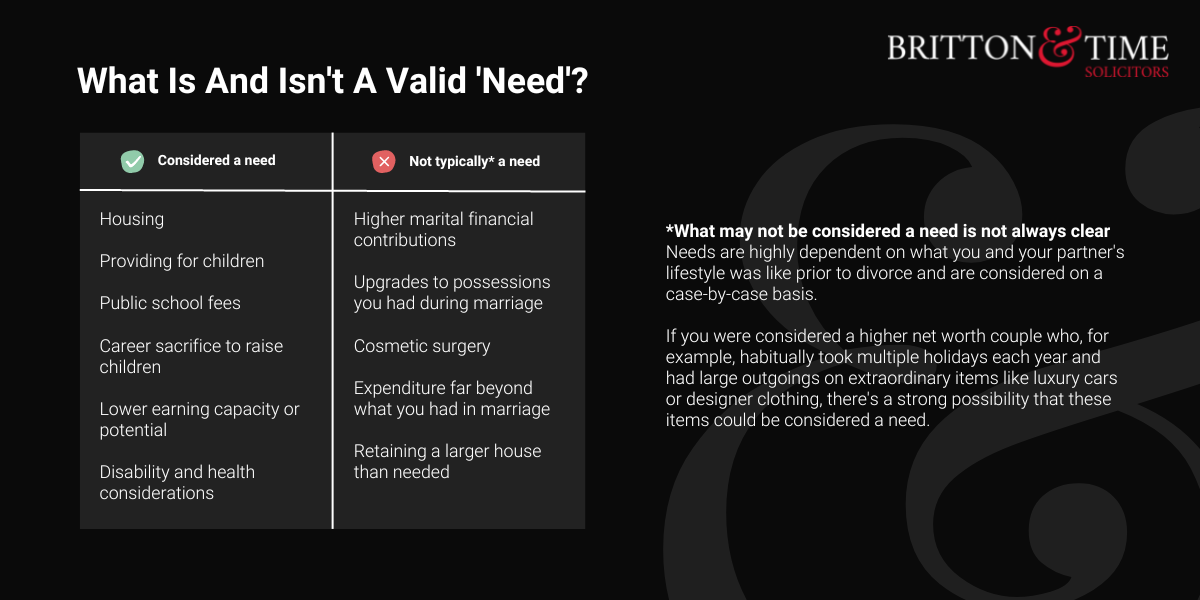For those of you who have been keeping up, you’ll have seen our fantastically popular articles, “Top 5 Divorce Tips” and “When Mr Right Becomes Mr Wrong” where we spoke to one of London’s top divorce firms, Britton and Time Solicitors.
Well, in this month’s feature, we are addressing how you can ensure your children are protected during divorce, again with the help of solicitor, Paul Britton.
Protecting your children from the fallout of divorce
“What about the children?”
That’s one of the questions I get asked time and time again by worried parents who are either going through, or thinking about going through divorce. And as Mayfair’s top divorce solicitor, I can tell you that the answer is never a simple one and that there are a number of considerations – legal and otherwise – you should bear in mind when contemplating divorce.
With that, here are my top 5 tips on protecting your children from the fallout of divorce.
-
Explain what is happening
For some parents, when the ‘divorce gloves’ come off, there can be a welcome sigh of relief of being able to drop the pretence that everything is ok; of being able to finally see the light at the end of the tunnel of an unhappy and sometimes toxic marriage.
But always remember that your feelings won’t automatically be shared by those around you, particularly when it comes to your children and especially if you were both masters of masking tension.
Younger children in particular may have only ever seen you and your partner fighting, while in the context of receiving love, care and attention from the two of you, despite your feelings toward each other. And this can be confusing, especially when one of you suddenly disappears off the scene with no explanation as to why.
Always explain to your children what is going on, preferably together and in a calm manner, to help them understand what to expect.
If your divorce has been brought on by an act of infidelity by your partner, try to suppress your feelings for the benefit of your children and avoid finger-pointing. While spewing insults might be cathartic, try to take a deep breath and think to yourself “will any good come of what I am about to say?”
-
Do not weaponise your children
Children are not weapons and I cannot stress this point enough.
While you may want to wield your babies as some sort of influential shield to browbeat your partner into getting what you want, avoid doing this as it will add unnecessary friction and be counterintuitive to forming any sort of meaningful agreement with your partner. Not to mention that any family court judge that hears about it will take a very dim view of the parent participating in such conduct.
Always remember that a speedy resolution is the key to saving costs during a divorce and that a divorce that drags on and on can have a negative impact not only upon your bank balance, but also on the mental health and welfare of your children.
While recent studies have shown that divorce tends not to have any sort of long-term impact on children, that’s not to say that there is no impact on them whatsoever while the divorce is going on.
Retaining a stable relationship with both parents throughout divorce can help children to avoid developing depression, give them re-assurance and clarity on what will happen, and prevent ‘divorce grief’ where they mourn the loss of contact with one parent.
-
They are his children too
Your decision to have children was a joint decision and whether your partner wants contact with them, you both have a responsibility to provide for them. Your soon-to-be ex-husband cannot simply walk away scot-free and not pay upkeep for your children.
Child arrangements are not addressed directly as part of the divorce financial application, however what is taken into account is whether the parent who ultimately takes care of and houses the children has enough to provide for the children on a ‘needs’ basis.

What your needs are is a complicated topic that I could write another entire article about, but essentially you and your partners’ marital assets are divided based upon a number of factors that determine how much each of you ought to take back out of the marriage, starting from a 50/50 basis.
The most common needs that may skew the 50/50 split to one side include looking after children, maintaining a similar lifestyle to the one you enjoyed during marriage, and being able to afford suitable accommodation after your marriage has ended.
-
Avoid solicitors
Yes, that’s right. As a solicitor, I’m telling you to avoid solicitors where possible when it comes to making child arrangements.
With children, most couples are able to set their feelings aside and come to an informal agreement about how best to move forward either together, or with the help of mediation. As mediation can diffuse a hostile environment, you may well find there is less disruption to your children and their relationships with both you and your partner if you go down this route.
If you have no choice and decide to follow the formal process, you will need to demonstrate to the family court that you have at least tried to mediate ahead of having them intervening.
Which leads me onto point 5.
-
Seek help if you cannot agree
This should be reserved only for cases where you and your partner simply cannot agree on child arrangements as the formal court process can be long, expensive and stressful for everyone involved, including your children. But if mediation simply hasn’t worked, your only option may well be to instruct expert solicitors.
If this is the case, your children may receive a visit from the Children and Family Court Advisory and Support Service (Cafcass).
Cafcass help to introduce a third voice into child proceedings: that of your children. Through meeting with your children, Cafcass will build an idea of what the children want and, importantly, also objectively shed light on the family dynamic to understand what really would be best for them.
As good as Cafcass are, remember that this process can be intense and nerve-wracking for your children, particularly if they are young, as they will need to open up about their relationship with both parents to a complete stranger. For some parents, the potential involvement of Cafcass can be motivation enough to come to a private agreement to avoid ‘airing their dirty laundry’ in front of an external party.
In conclusion
Separating emotion from your divorce is difficult for everyone but particularly so if you have children as you need to balance your feelings with what is best for them long term.
If for any reason you are struggling with your child arrangements and feel it’s time to contact a solicitor, then I am only a call away. We can meet face to face, over Microsoft Teams or on a Zoom call.

Free advice may be available from the following places:
- The Family Rights Group: 0808 801 0366
- Citizens Advice
You may also be interested in





